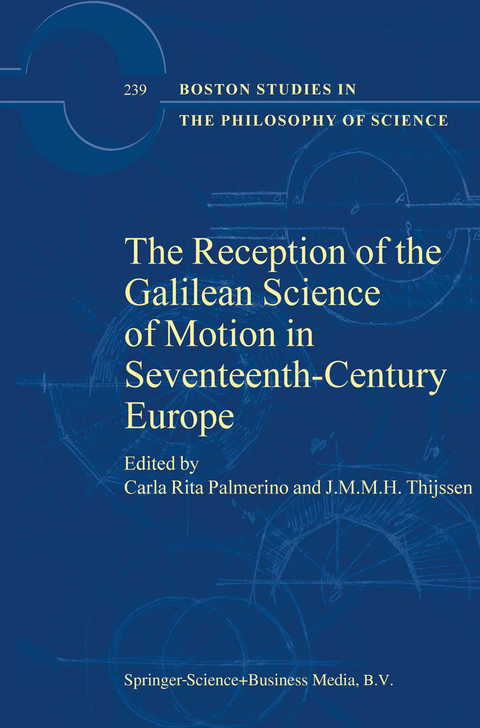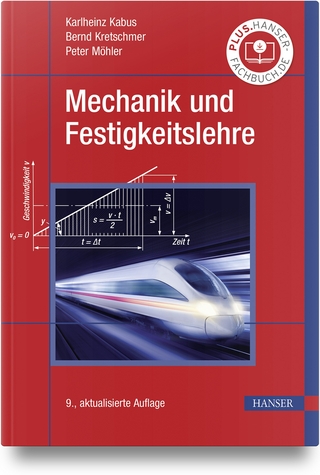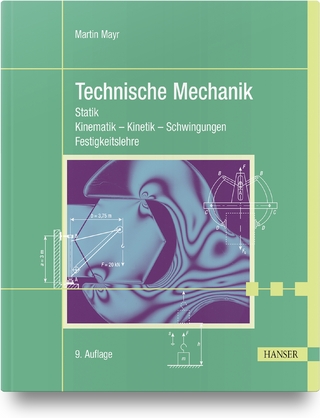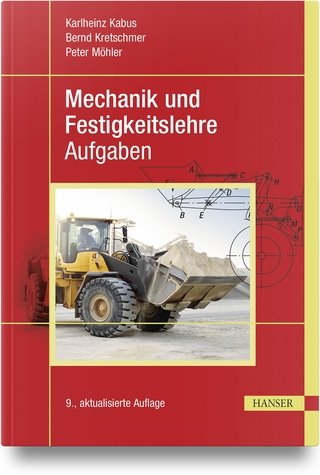
The Reception of the Galilean Science of Motion in Seventeenth-Century Europe
Springer (Verlag)
978-90-481-6658-9 (ISBN)
It is hoped that the resulting articles display even more coherence and unity than the colloquium did, while at the same time retaining something of its spirit and diversity. In addition to the authors whose articles are published here, the following scholars also participated in the discussions: Constance Blackwell, Hans Bots, Henk Braakhuis, Wiep van Bunge, Dirk-Jan Dekker, Fokko-Jan Dijksterhuis, Juliette van den Elsen, Fran'Tois de Gandt, Christoph Luthy, Olaf Pluta, Thomas Settle, Theo Verbeek, and Liesbeth de Wreede.
What Was “Mechanical” about “The Mechanical Philosophy”?.- Cartesian Mechanics.- The “Rational” Descartes and the “Empirical” Galileo.- A Historical-Analytical Framework for the Controversies over Galileo’s Conception of Motion.- Galileo’s Unpublished Treatises. A case study on the role of shared knowledge in the emergence and dissemination of an early modern “new science”.- A Master and his Pupils: Theories of Motion in the Galilean School.- Galileo’s Theories of Free Fall and Projectile Motion as Interpreted by Pierre Gassendi.- Hobbes and the Galilean Law of Free Fall.- Christiaan Huygens’ Galilean Mechanics.- Seventeenth-Century Theories of the Tides as a Gauge of Scientific Change.- Mathematization of the Science of Motion at the Turn of the Seventeenth and Eighteenth Centuries: Pierre Varignon.
| Erscheint lt. Verlag | 15.12.2010 |
|---|---|
| Reihe/Serie | Boston Studies in the Philosophy of Science ; 239 |
| Zusatzinfo | X, 288 p. |
| Verlagsort | Dordrecht |
| Sprache | englisch |
| Maße | 155 x 235 mm |
| Themenwelt | Geisteswissenschaften ► Geschichte |
| Naturwissenschaften ► Physik / Astronomie ► Mechanik | |
| ISBN-10 | 90-481-6658-6 / 9048166586 |
| ISBN-13 | 978-90-481-6658-9 / 9789048166589 |
| Zustand | Neuware |
| Haben Sie eine Frage zum Produkt? |
aus dem Bereich


